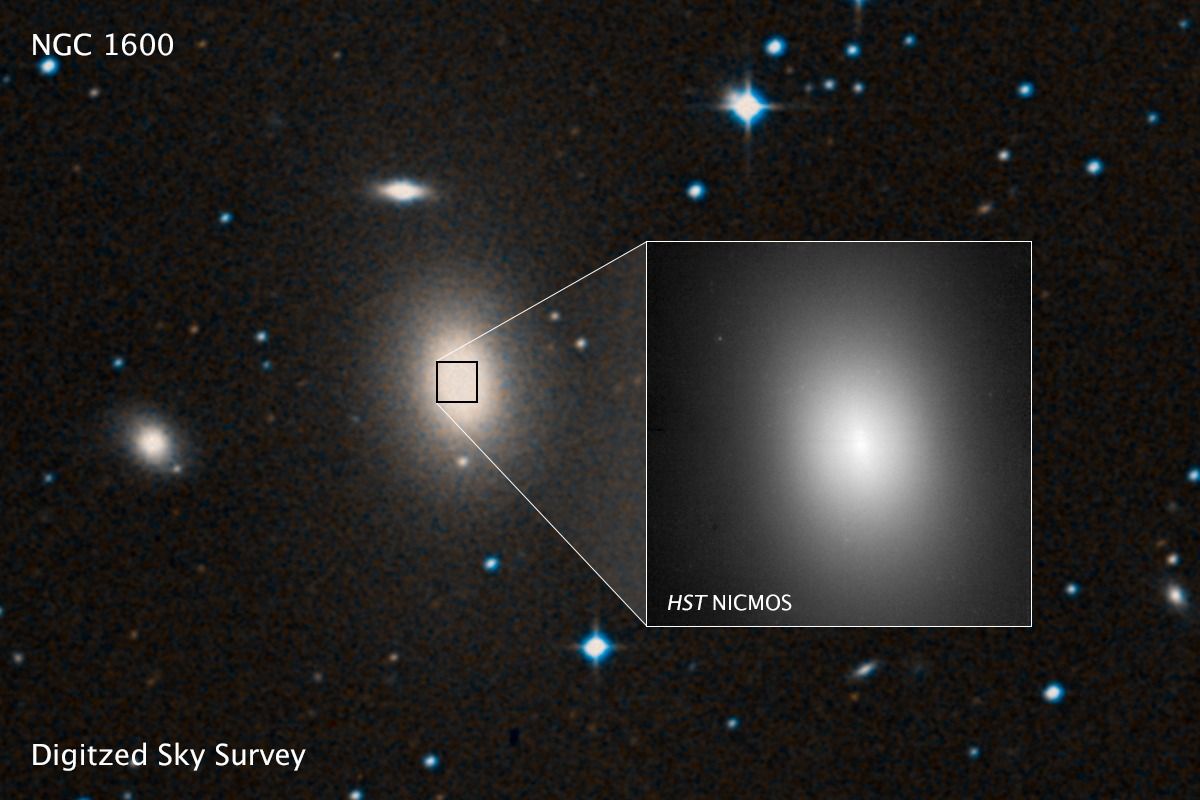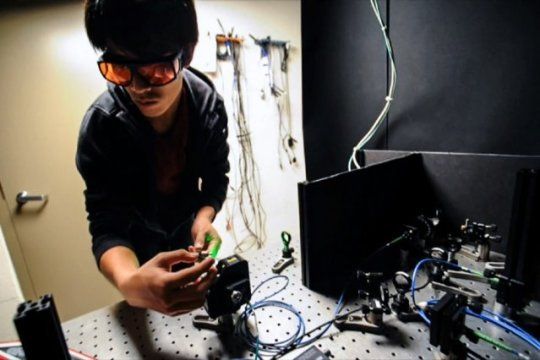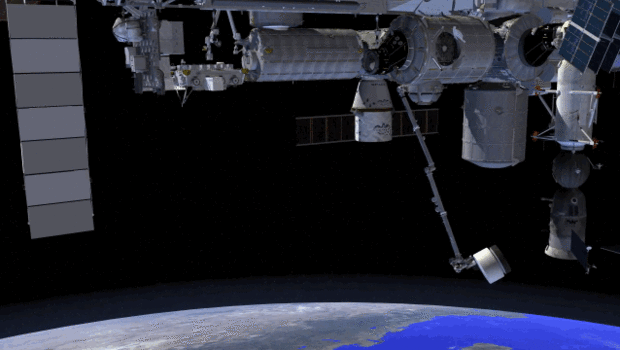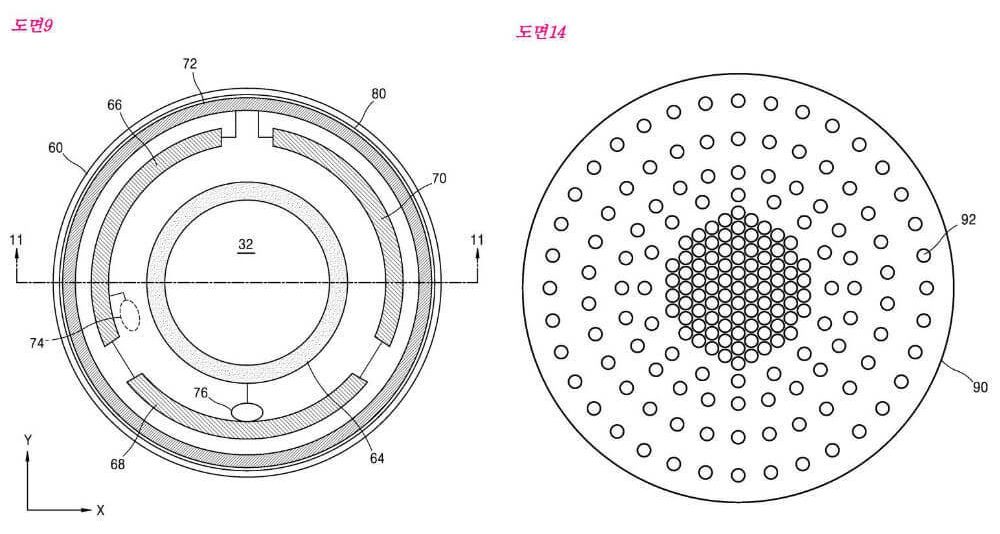
A near-record supermassive black hole discovered in a sparse area of the local universe indicates that these monster objects — this one equal to 17 billion suns — may be more common than once thought, according to University of California, Berkeley, astronomers.
Until now, the biggest supermassive black holes — those with masses around 10 billion times that of our sun — have been found at the cores of very large galaxies in regions loaded with other large galaxies. The current record holder, discovered in the Coma Cluster by the UC Berkeley team in 2011, tips the scale at 21 billion solar masses and is listed in the Guinness Book of World Records.
The newly discovered black hole is in a galaxy, NGC 1600, in the opposite part of the sky from the Coma Cluster in a relative desert, said the leader of the discovery team, Chung-Pei Ma, a UC Berkeley professor of astronomy and head of the MASSIVE Survey, a study of the most massive galaxies and black holes in the local universe with the goal of understanding how they form and grow supermassive.
Continue reading “Supermassive black holes may be lurking everywhere in the universe” »


















